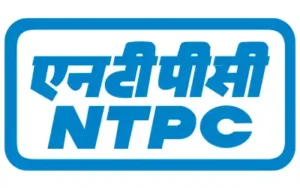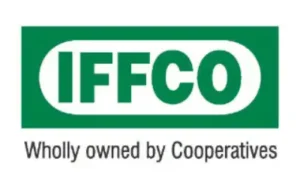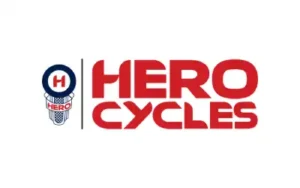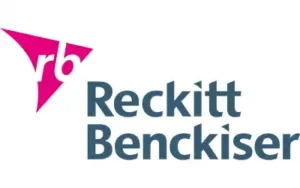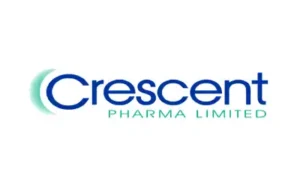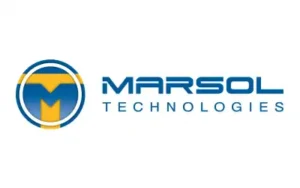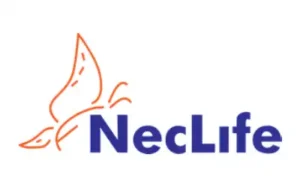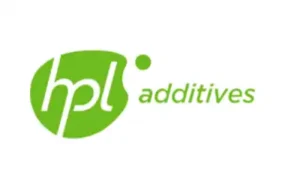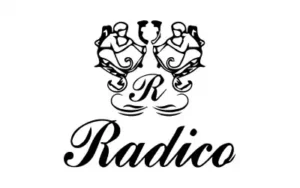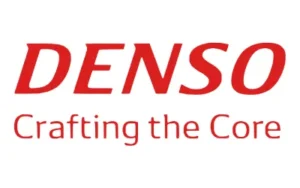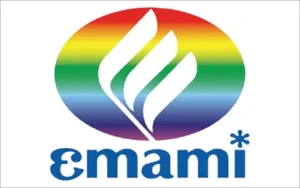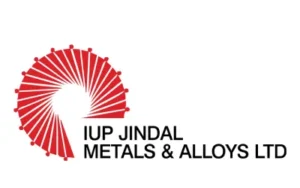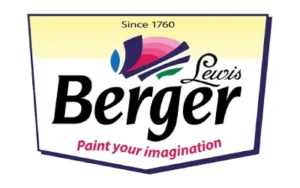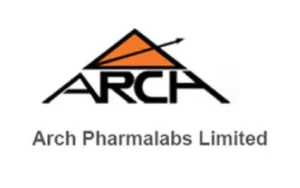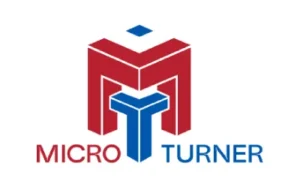ETP Tanks Manufacturer

ETP Tank Solutions for Efficient Effluent Treatment
Pioneering Sustainable Effluent Management
As India’s foremost ETP Tanks Manufacturer, UK Enviro Systems Pvt. Ltd engineers cutting-edge Effluent Treatment Plant Tanks for industries combating complex wastewater challenges. Consequently, our solutions transform environmental compliance from an obligation into a strategic advantage for textiles, pharmaceuticals, food processing, and manufacturing sectors. Through corrosion-resistant polymers and modular designs, we deliver end-to-end systems that treat 5,000–2,000,000 liters daily while slashing operational costs by 40%.
Why Effluent Treatment Demands Specialized Tanks
Industrial wastewater contains toxins like heavy metals, dyes, and organic sludge that corrode conventional storage. Effluent Treatment Plant Tanks must therefore:
- Resist pH extremes (1–14) and chemical abrasion
- Prevent groundwater contamination through zero-permeability barriers
- Enable biological/chemical reactions via temperature-stable construction
- Withstand 24/7 operational stress without structural fatigue
Transition Insight: Consequently, selecting substandard tanks risks regulatory fines, ecological damage, and production shutdowns—making expert engineering non-negotiable.

What Are ETP Tanks? The Anatomy of Industrial Water Remediation
Effluent Treatment Plant Tanks are engineered containment systems that process toxic wastewater through four critical phases:
- Primary Treatment:
- Sedimentation Tanks isolate suspended solids (e.g., metal scraps, fibers)
- Oil-Water Separators remove hydrocarbons
- Secondary Treatment:
- Aeration Tanks inject oxygen to activate pollutant-digesting bacteria
- Biofilter Chambers degrade organic compounds
- Tertiary Treatment:
- Chemical Reactors neutralize toxins via coagulation/flocculation
- Filtration Units eliminate micro-pollutants
- Sludge Management:
- Thickeners concentrate waste for dewatering
- Digesters reduce biomass volume
Transition Insight: Ultimately, this multi-stage process—enabled by precision-crafted ETP Tanks—converts hazardous effluents into reusable water meeting CPCB/EPA standards.
Advanced ETP Tank Portfolio: Customized for Industrial Challenges
| Tank Type | Core Function | Technical Advantages |
|---|---|---|
| Sedimentation Tanks | Solid-liquid separation |
• 45° conical bottoms for sludge collection • Scraper mechanisms for continuous cleaning • Laminar flow design (0.3 m/s velocity) |
| Aeration Tanks | Biological oxidation |
• Fine-bubble diffusers (SOTE ≥ 30%) • FRP-reinforced walls withstand aeration torque • DO monitoring ports |
| Chemical Reactors | pH adjustment/coagulation |
• Lining options: PP, PVDF, or rubber • Anti-vortex baffles • CIP (Clean-in-Place) compatibility |
| Sludge Holding Tanks | Waste consolidation | • 10–12% dry solids capacity • Methane gas collection domes • Abrasion-resistant surfaces |
| Modular Package ETPs | Compact treatment |
• Plug-and-play skid mounting • IoT-enabled performance tracking • 60% space savings vs. concrete |
Our Products
Product Details:
| Minimum Order Quantity | 1 No(s) |
| Capacity | 1000-5000 L |
| Storage Material | Water |
| Material | PP, FRP, ETP |
Features:
- Low maintenance
sturdy design
Hassle-free performance
Product Details:
| Storage Capacity | 750L, 500L, 1000L |
| Color | Blue |
| Material | FRP |
-UK ENVIRO is leader in FRP Tank ETP for raw water, RO, STP & ETP application.
Product Details:
| Minimum Order Quantity | 500 Kg |
| Capacity | 5000-10000 L |
| Surface | FRP Coating |
| Material | ETP |
-UK ENVIRO is leader in FRP Tank ETP for raw water, RO, STP & ETP application.
Call Now:
Your Trusted ETP Tanks Manufacturer for a Cleaner Tomorrow
UK Enviro Systems Pvt. Ltd merges 20+ years of effluent engineering expertise with sustainable innovation. Presently, our Effluent Treatment Plant Tanks enable clients to treat 12 billion liters annually while achieving Zero Liquid Discharge (ZLD) targets.

Industry-Specific Applications: Precision-Engineered Solutions
- Textile Sector
- Challenge: Colorful dyes, sulfides, and alkaline streams (pH 10–12)
- Our ETP Tanks: Incorporate ozone-resistant linings and automated dosing systems.
- Pharmaceuticals
- Challenge: Antibiotic residues and solvent-laden wastewater
- Our ETP Tanks: Feature FDA-compliant surfaces with zero biofilm risk.
- Automotive Manufacturing
- Challenge: Heavy metals (chromium, lead) and coolants
- Our Response: Ion-exchange vessels with sludge dewatering presses.
Transition Insight: Hence, 350+ global installations demonstrate our capacity to convert industry pain points into sustainable victories.
Compelling Reasons Industries Choose ETP Tanks
- Regulatory Compliance: Avoid penalties up to ₹1 lakh/day (CPCB norms) via 100% effluent neutrality.
- Resource Recovery: Reclaim 70% water for cooling/flushing, reducing freshwater dependency.
- Operational Continuity: Prevent shutdowns from non-compliance notices or spill remediation.
- Community Health: Eliminate carcinogen discharge into local watersheds.
- Brand Reputation: Showcase ESG commitments with auditable wastewater metrics.
Transition Insight: Conversely, inadequate treatment risks irreversible ecological damage—validating investment in professional-grade Effluent Treatment Plant Tanks.

Why Partner with UK Enviro Systems?
- Engineering Excellence
- Material Science: We specify corrosion-resistant polymers (e.g., HDPE, FRP, PP) using computational fluid dynamics.
- Smart Manufacturing
- Robotic Fabrication: CNC-welded seams guarantee leak-proof performance.
- Lifecycle Support
- Commissioning: On-site installation supervision
- Maintenance: Remote IoT diagnostics + emergency response teams
- Sustainability Metrics
- 92% recycled content in tanks
- 30-year design lifespan
- Global Certifications
- ISO 9001, CE, PCBC, and UL listings
- Transition Insight: Therefore, as your strategic ETP Tanks Manufacturer, we transform compliance from a cost center into an ROI-positive asset.
Maximizing ETP Performance: 7 Proactive Maintenance Rules
Monthly: Inspect diffusers/mixers for clogging
Quarterly: Ultrasonic thickness testing of tank walls
Biannually: Calibrate pH/DO sensors
Annually: Resin lining recoating
Always: Maintain 30% freeboard for surge control
Never: Store incompatible chemicals sequentially
Immediately: Address biofilm formation
Transition Insight: Subsequently, these protocols extend tank longevity while ensuring consistent effluent quality.
Frequently Asked Questions
Our Clients
